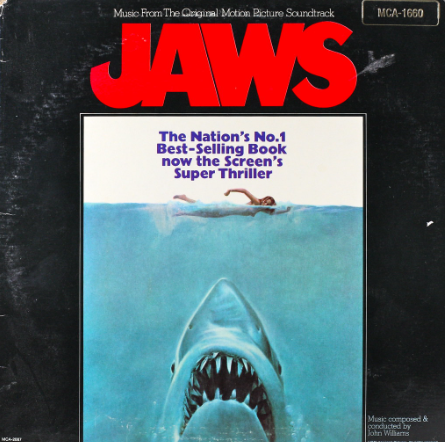The Oscars: winners, changes due to COVID-19, and more
CREATIVE COMMONS PHOTO COURTESY OF theglobalpanorama
The Oscars have some restrictions this year due to COVID-19. https://creativecommons.org/licenses/by/2.0/
June 17, 2021
From the COVID-19 pandemic to the sudden death of an actor, the 93rd Oscars ceremony was forced to change from the start. Still, even with these changes, the Academy still managed to push through and present the show.
Due to the pandemic, many awards shows have had to adapt to a virtual format, however, the Academy of Motion Picture Arts and Science, the academy in charge of running the Oscars, decided to continue with a live audience with some restrictions.
According to CNBC, the audience of the Oscars was composed of the nominees, their spouses, and presenters. Everyone who attended was tested for COVID-19 prior to the event, but guests were not required to wear masks while inside the stage room. However some attendees, such as Zendaya, chose to wear their mask throughout the event.
History was made multiple times throughout the evening with Chloé Zhao becoming the first women of color to win the Oscar for Best Director, Mia Neal and Jamika Wilson becoming the first Black-led hair and makeup team to win an Oscar, and Youn Yuh-jung becoming the first Korean actor to win an Oscar in any of the four acting categories.
One of the most surprising moments of the night came with the Best Actor Category. The surprise being that Anthony Hopkins won over Chadwick Boseman leaving many viewers to be upset and shocked. This upset came as throughout award season, the late Chadwick Boseman was the forerunner for Best Actor and had received critical acclaim for his role in “Ma Rainey’s Black Bottom,” which was his last performance.
After this blindsided win, the broadcast ended and Oscar night was officially over. It was later revealed that, according to the New York Times, the viewership dropped to a record low of 9.85 million viewers — 58% less viewers than the previous year.
The cause of this substantial drop in viewership can be attributed to a few different reasons. Freshman Lillian Fischer of Rumson explains that the Oscars have simply lost its appeal to younger generations.
“I did not watch the Oscars,” Fischer said. ”I think it is more appealing to older generations and they should try to find something that is more interesting to the generations nowadays.”
Although the Oscars have been able to overcome a pandemic, it seems that they may succumb to this crisis of change. While the road it’s currently on doesn’t look promising, perhaps this once beloved worldwide event may overcome this obstacle and live to see it’s 100th show.















